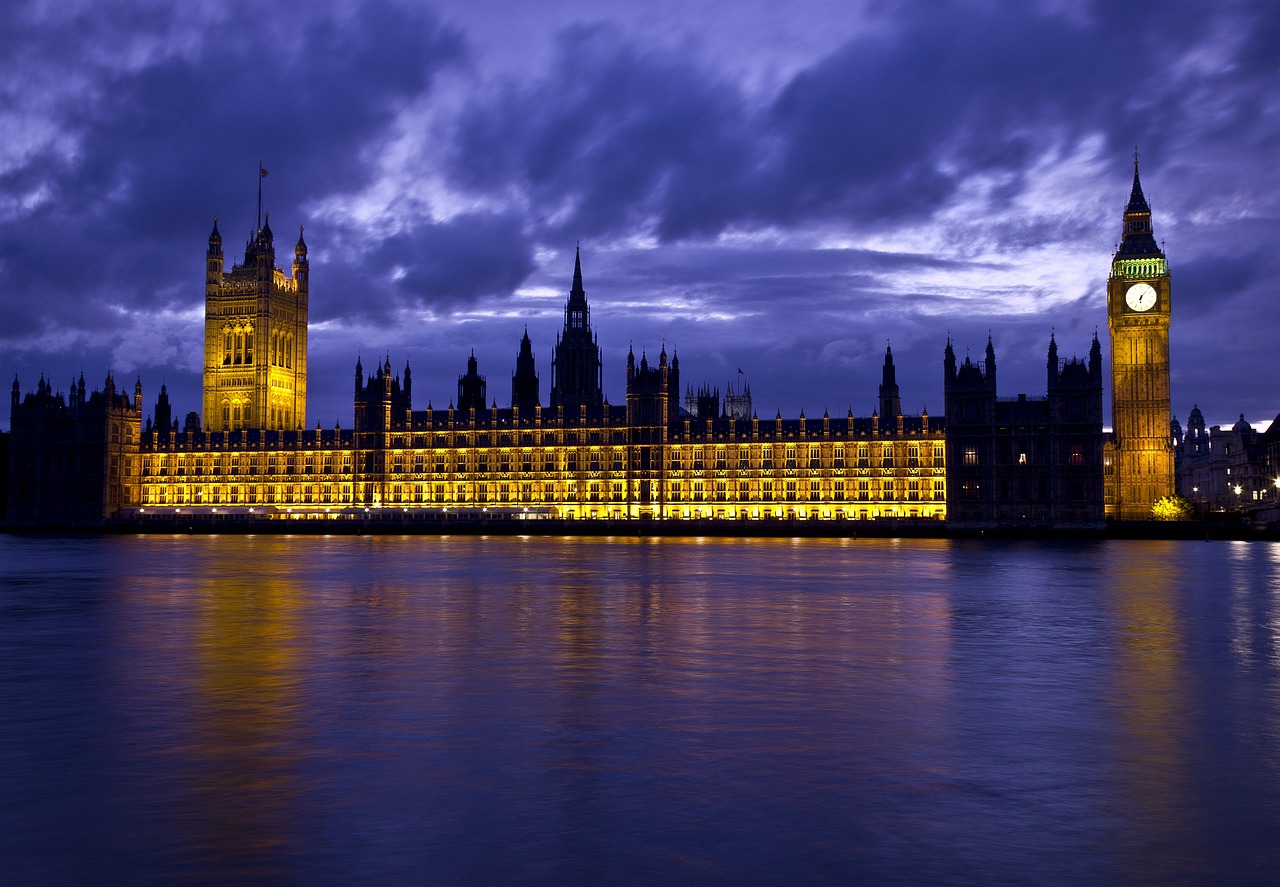King’s Speech: Audit reform, corporate governance, pensions, and economic strategy

Industry leaders have voiced their perspectives on the UK government’s proposed measures aimed at addressing economic challenges and fostering growth, outlined in the King’s Speech.
The Scottish Chambers of Commerce chief executive Dr Liz Cameron CBE welcomed the focus on economic opportunities and the commitment to an industrial strategy, while emphasising the need for urgent delivery to boost business investment.
She said: “Our long-standing calls for reform of the apprenticeship levy and legislation to support sustainable aviation fuel were committed to today and these should be more immediate measures to support growth.
“While we welcome the decision to locate GB Energy in Scotland and accelerated investment in renewables, the government needs to put more energy into delivering greater clarity around its just transition plan.”
Audits and corporate governance
The Institute of Chartered Accountants of Scotland (ICAS) was pleased to see inclusion of the Draft Audit Reform and Corporate Governance Bill in the King’s Speech. ICAS’ full response is available here.
The Financial Reporting Council (FRC) also welcomed the legislation, underscoring the “serious gaps in the regulatory toolkit that have long been identified as being in need of reform so we can act fully in the public interest and support growth and the ability of companies to attract the capital they need”.
FRC CEO, Richard Moriarty, said the legislation would “modernise” the regulator’s powers, strengthening “the transparency and integrity of the UK’s corporate governance, financial reporting and audit”. He further said that this would “provide investors, employees and consumers with greater confidence in the health of UK companies”.
He concluded: “The Draft Audit Reform and Corporate Governance Bill will put the FRC on a statutory footing through the establishment of the Audit, Reporting and Governance Authority (ARGA), building on the FRC’s transformation in recent years into a more robust and effective regulator and its remit to support the UK’s economic growth and international competitiveness.”
New Office for Budget Responsibility (OBR) requirement
Meanwhile, abrdn’s chief economist Paul Diggle noted the new OBR requirement’s symbolic significance, suggesting it reflects the Labour government’s intent to maintain fiscal prudence and stimulate growth through planning reform and a green industrial policy.
He explained: “There is certainly a sense in which a legal requirement for the OBR to assess government fiscal events is aimed directly at the short-lived Truss experiment, when the OBR was left out of the mini-Budget with disastrous consequences.
“It won’t make a practical difference to how the Labour government does fiscal policy, because it was always going to involve the OBR anyway. But it is part of Labour’s efforts to project fiscal and economic prudence, and keep financial markets on side.
“The litmus test of success for Labour will be whether they can get UK growth going again, which is going to require difficult reform of the planning system, green industrial policy, and a potentially closer relationship with the EU.”
Pensions
The Pensions Bill, aiming to prioritise pension pots within the legislative agenda, was seen by AJ Bell’s director of public policy Tom Selby as a potentially positive step towards better investment returns and consolidation of pension schemes, albeit with caution regarding investment risks and the need for detailed guidance.
Mr Selby said: “The government is also intent on pushing forward with greater consolidation of pension schemes, in part to improve the value members receive and in part to help deliver greater levels of investment into UK Plc. For individuals, there can also be benefits to taking control and combining your retirement pots, including potentially lower charges, more choice and easier administration.
He added: “Reforms not mentioned in the bill to create pensions dashboards in the next few years will make it considerably easier for people to track down lost pensions, and we need the government to get fully behind this initiative to make it a reality.
“At the last count, there was over £26 billion sitting in pension pots that had become disconnected from their owners, meaning savers could potentially have thousands of pounds they are completely unaware of.”








